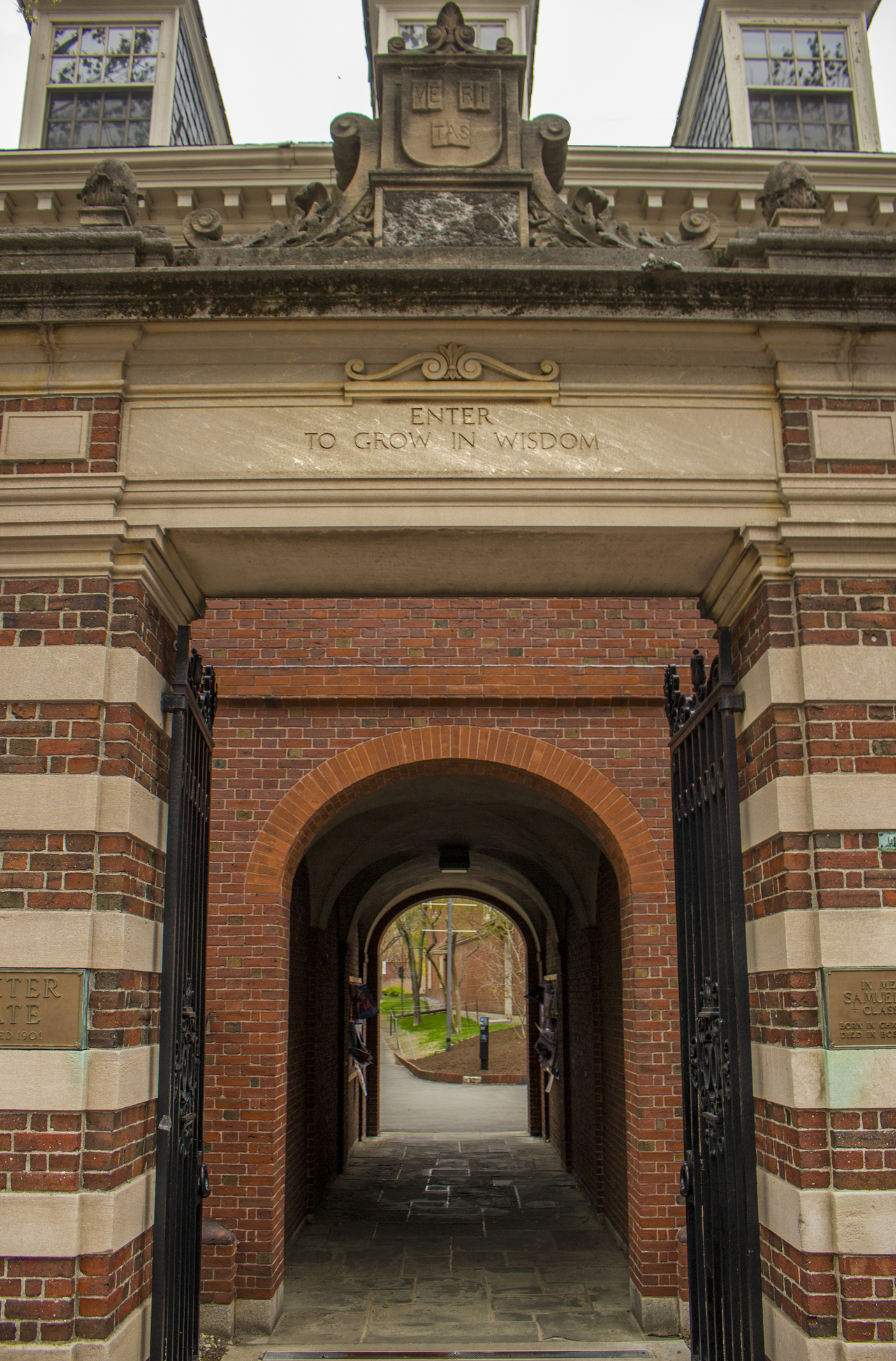In 1976, a leader in the Nazi party of the United States, Frank Collin, planned a march in Skokie, Illinois. The town, which had a significant Jewish population, strongly opposed the demonstration. The American Civil Liberties Union (ACLU) came to the defense of Collin and his fellow Nazis, citing First Amendment rights. This decision caused thousands of ACLU members to leave the organization, and the executive director at the time, Aryeh Neier, received numerous letters of condemnation. Neier, a Jewish man who had fled Germany as a child, believed in the importance of defending the Nazis’ right to free speech, despite abhorring their views.
Neier’s defense of the Nazis’ free speech rights was not based on blind adherence to liberalism, but on his belief in restraining power with freedom. He acknowledged the abhorrence of Collin’s views but still felt it was crucial to protect his right to express them without interference from the state. This stance came at a cost, as it put the credibility of the ACLU and Neier himself at risk. The Skokie case highlighted the tension between protecting free speech rights and the opposition to hateful ideologies.
The recent congressional testimony from the presidents of Harvard, the University of Pennsylvania, and the Massachusetts Institute of Technology (MIT) brings similar issues to the forefront. These university leaders faced criticism for their defense of free speech on their campuses. The tension between protecting free speech rights and opposing hateful ideologies resurfaced, putting their credibility and positions at risk. This testimony echoes the situation in Skokie, where Neier and the ACLU faced backlash for defending the Nazis’ right to free speech.
The Skokie case and the recent university controversies highlight the complex nature of defending free speech. It requires individuals and organizations to navigate the fine line between protecting the rights of individuals to express their views and opposing those views when they are morally reprehensible. Neier’s defense of the Nazis’ free speech rights demonstrated the importance of upholding the principles of freedom, even in the face of abhorrent ideologies. However, it also revealed the challenges and risks involved in taking such a stance.









